Ruchira reviews Shesh Paata, a film about Balmiki Sengupta, a recluse haunted by tragedy, and Sounak, a loan recovery agent, helped him finish a manuscript. An exclusive for Different Truths.
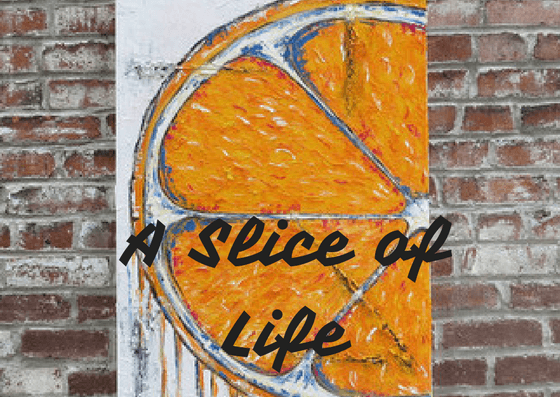
The story of eminent director Atanu Ghosh’s film Shesh Paata (lit: The Last Page) revolves around the life and circumstances of a maverick, cantankerous, and irate author, Balmiki Sengupta (Prosenjit Chatterjee).
Since his wife’s shocking and violent death nearly three decades ago, the once-prolific writer has become infamous and now lives in his own personal hell. Long after the tragic incident faded from public memory, society appeared to have adopted an air of indifference towards him. Unable to gauge the reason and cut to the quick, Balmiki becomes a recluse, with his public appearances and interactions dwindling drastically. He is shown getting into frequent tiffs with his neighbours.
His ongoing alcoholism and failing health make the situation worse.
His ongoing alcoholism and failing health make the situation worse. Consequently, he lives in a state of stupor and ennui for the greater part of each day. The fiery spirit that heretofore found expression in his writings has been reduced to embers. The only people who deal with him are his maid, a boy who brings him his meals, and a masseuse who comes in occasionally. Incidentally, her appearance and the impact of her presence remain ambiguous throughout the movie.
Against this backdrop, loan recovery agent Sounak Hazra (Vikram Chatterjee) enters the scene. A publishing firm asks him to ensure that Balmiki completes and submits the long-overdue manuscript for which he has already been paid a huge advance amount. Its plot is envisaged to focus on Roshni Basu, his spouse, and a reputed actress whose stark-naked corpse was retrieved from Kolkata Maidan following her gruesome murder.
We find the lovely, youthful lady in the throes of an acrimonious divorce.
Failing miserably to drag the dispirited author out of his sloth, Sounak manages to rope in a former schoolteacher, Medha Roy (Gargee Roy Chowdhury), to assist him. We find the lovely, youthful lady in the throes of an acrimonious divorce. Yet she acquiesces. Sounak brokers a deal: Balmiki is to dictate, and Medha has to jot down everything faithfully as a written document.
As the story progresses, Medha emerges as an outstanding character: cool, suave, possessing an unflagging spirit, and above all, a vast fund of patience. It is admirable how she deftly handles the elderly man’s tantrums and mood swings. Though blatantly rude and brusque, there are occasional flashes during which the old man demonstrates tenderness and affection towards his scribe. Ultimately, she succeeds in persuading Balmiki to open up about his horrific, shady past.
As the “novel” races towards its finale, Balmiki is suddenly found dead! Both Medha and Sounak are at their wit’s end and squabble among themselves. At this juncture, the masseuse hands over the last few pages of the manuscript, which she reveals the departed author instructed her to copy, during the final moments of his life. The duo is awe-struck but heaves a sigh of relief. The woman departs as quietly as she entered.
The film effectively captures the undercurrent of frustration and a sense of futility in other relationships too. For example, Sounak and Medha get along well but are trapped in a snare of outstanding loans and repayments. Their ties are heading nowhere. In addition, Sounak has a long-standing relationship with Deepa (Rayoti Bhattacharya), an employee in a ceramic factory. Since neither is financially stable, marriage isn’t on the cards anytime soon.
… the film is an in-depth, multi-layered character study that permeates a life scarred by tragedy…
It would be appropriate to conclude that the film is an in-depth, multi-layered character study that permeates a life scarred by tragedy and its shocking aftereffects. It also highlights the fact that romance, companionship, and happiness can be found even amidst the simpler sides of life and shades of grey.
Photo from IMDb

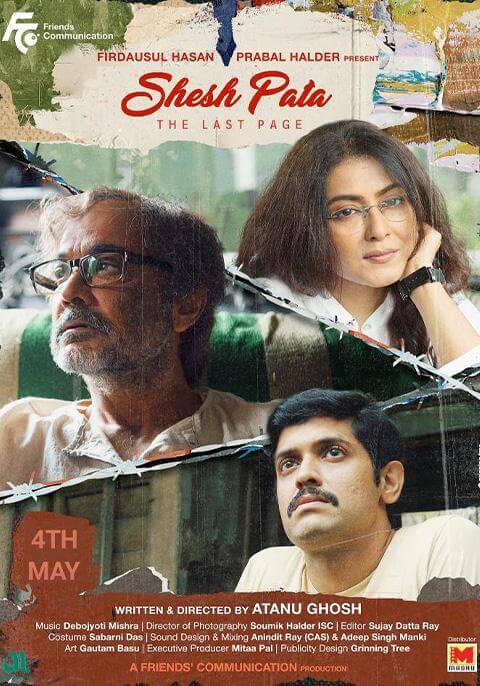



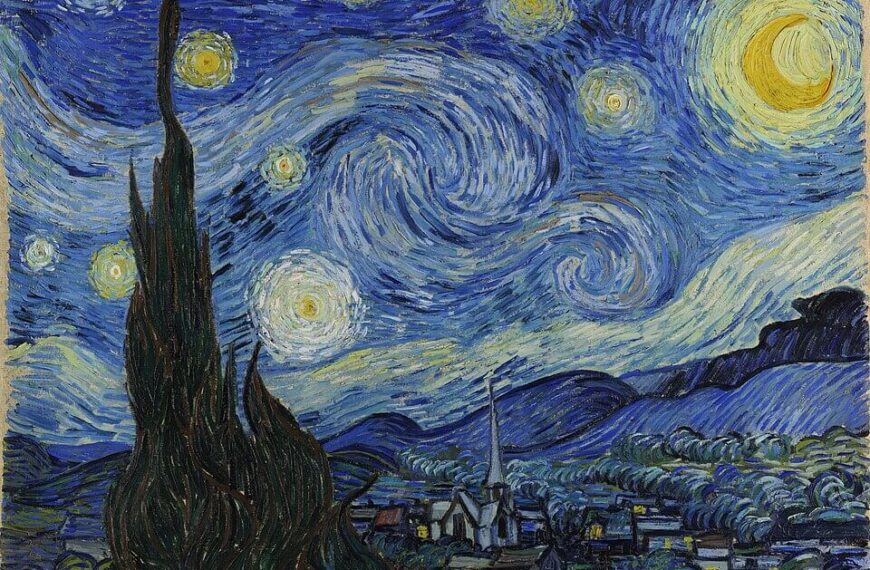
 By
By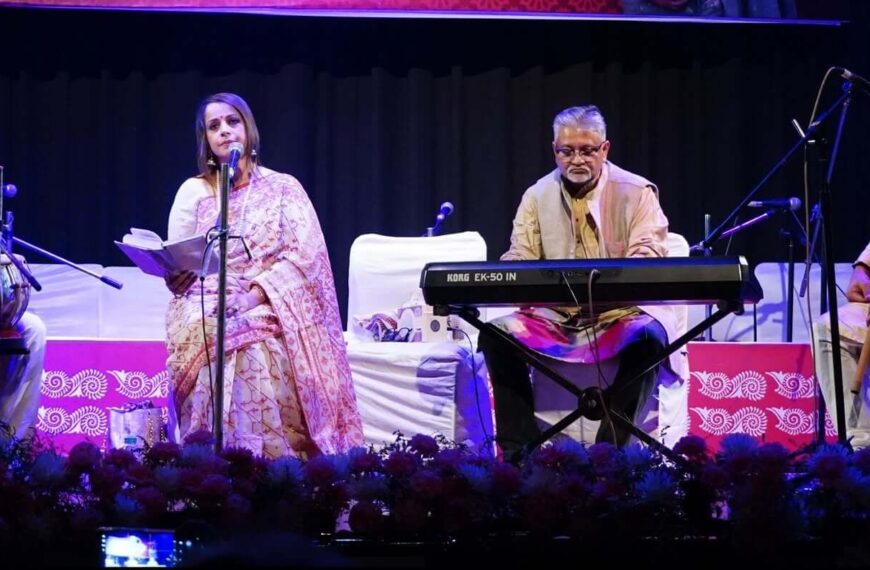
 By
By
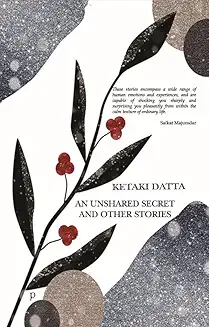
 By
By